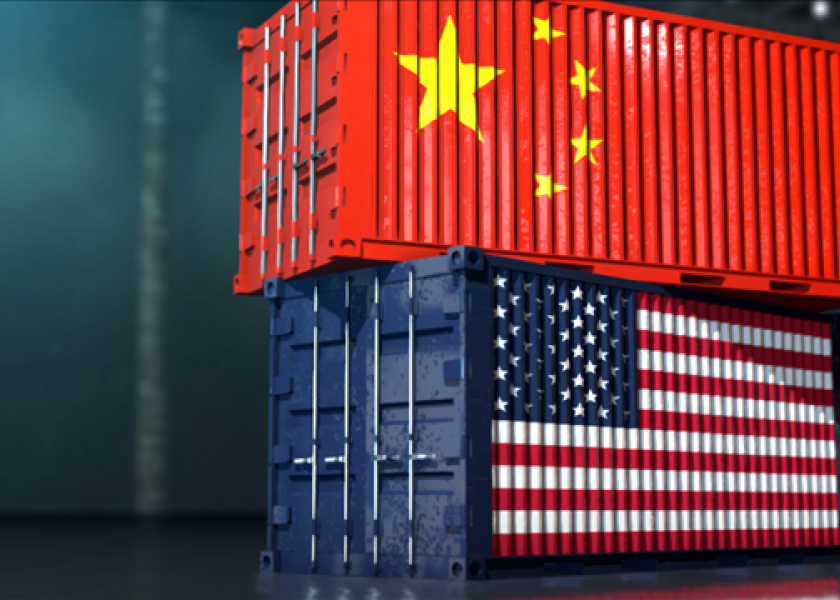China to Adjust Trade Tariffs Starting Jan. 1

China will adjust import and export tariffs on some goods from Jan. 1 to speed and promote development and expand domestic demand, the finance ministry said.
Export tariffs on aluminum and aluminum alloys will be raised. The current import tariff will stay on seven types of coal until March 31, with tariffs adopted for most favored nations from April 1.
As competition grows with the U.S. on technology issues, China will further reduce the tariffs for most favored nations on 62 types of information technology products from July 1.
China’s total trade — exports plus imports — with 10 of its neighbors in Southeast Asia has grown 71% since July 2018, when the U.S. first placed tariffs on a range of Chinese goods, according to a WSJ analysis.
Behind the trend, economists say, are powerful economic forces that tend to bind smaller economies to bigger ones as well as China’s dominant role as a supplier of the kind of affordable goods that fast-growing countries need, such as cars and machinery.
The upshot is the U.S. will find it hard to nudge Asia away from China without more concrete steps to boost trade with its own huge domestic market.
More on China:
Top 10 Stories of 2022: China's Latest Land Purchase Could Pose Major U.S. Security Risk
U.S. Defense Spending Bill Leads to China Taking Aim at Taiwan
China Halts COVID-19 Data







